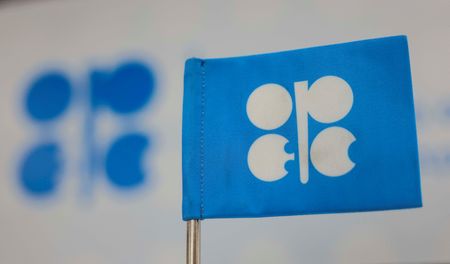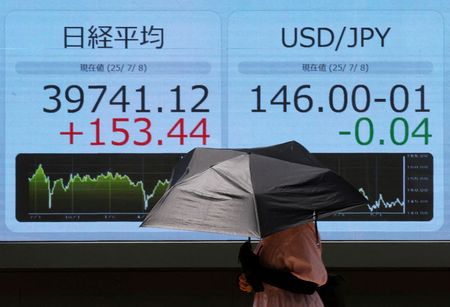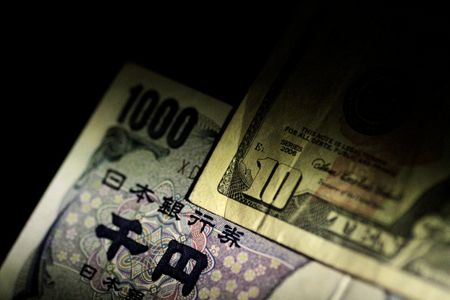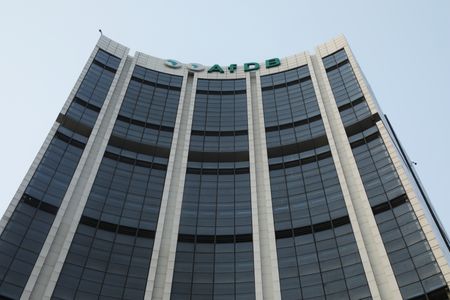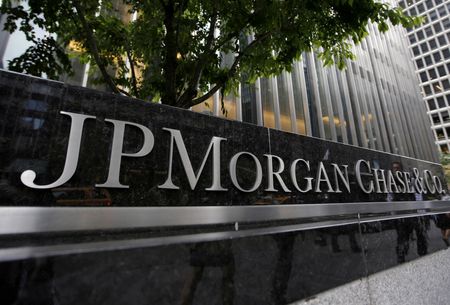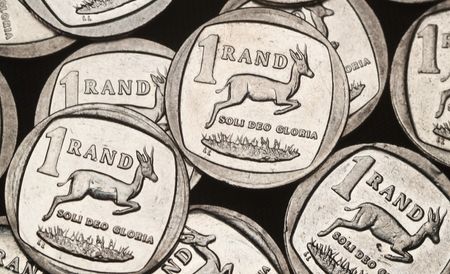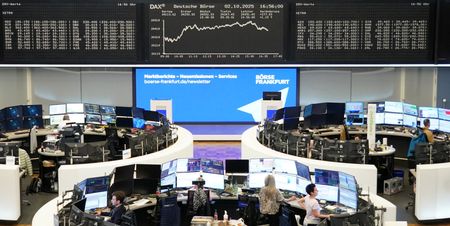By Anjana Anil and Siyi Liu
(Reuters) -Oil prices extended gains on Tuesday as a smaller-than-expected November output hike by OPEC+ helped to ease some fears of a growing supply glut.
Brent crude futures advanced 23 cents, or 0.35%, to $65.70 a barrel by 0356 GMT. U.S. West Texas Intermediate crude climbed 21 cents, or 0.34%, to $61.90.
Both contracts settled more than 1% higher in the previous session after the Organization of the Petroleum Exporting Countries plus Russia and some smaller producers – known as OPEC+ – decided to increase its collective oil production by 137,000 barrels per day starting in November.
The move was in contrast to market expectations for a more aggressive reintroduction of supply, a sign that the group remains cautious about increasing its production share in the global oil market amid predictions of a supply surplus in the fourth quarter as well as next year, said ING analysts.
“Brent had fallen by around $5 per barrel last week in response to earlier expectations of a larger supply boost, so this mild rebound seems reasonable,” said Anh Pham, a senior analyst at LSEG.
“For now, the market still appears capable of accommodating the extra volume, and we have yet to see a shift into contango at the front of the curve,” he added.
OPEC+ has increased its oil output targets by more than 2.7 million bpd this year, equating to about 2.5% of global demand.
Geopolitical factors have kept a floor under prices, with conflict between Russia and Ukraine impacting energy assets and creating uncertainty over Russian crude supply.
Russia’s Kirishi oil refinery halted its most productive distillation unit, CDU-6, following a drone attack and subsequent fire on October 4, with its recovery likely to take about a month, two industry sources said on Monday.
Still, oil prices have come under pressure amid output increases from both OPEC+ and non-OPEC+ producers. Moreover, any slowdown in demand due to weak economic growth triggered by U.S. trade tariffs is likely to exacerbate the surplus, analysts said.
(Reporting by Anjana Anil in Bengaluru and Siyi Liu in Singapore; Editing by Christopher Cushing and Kim Coghill)

